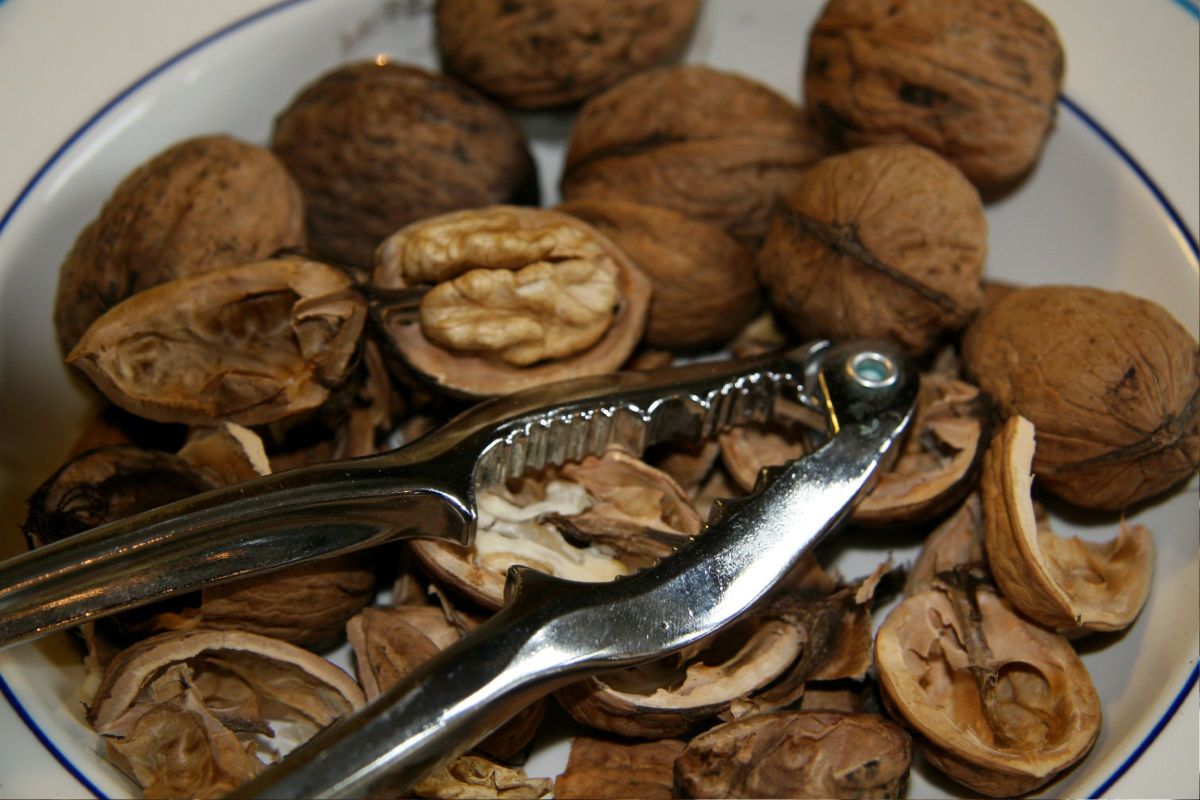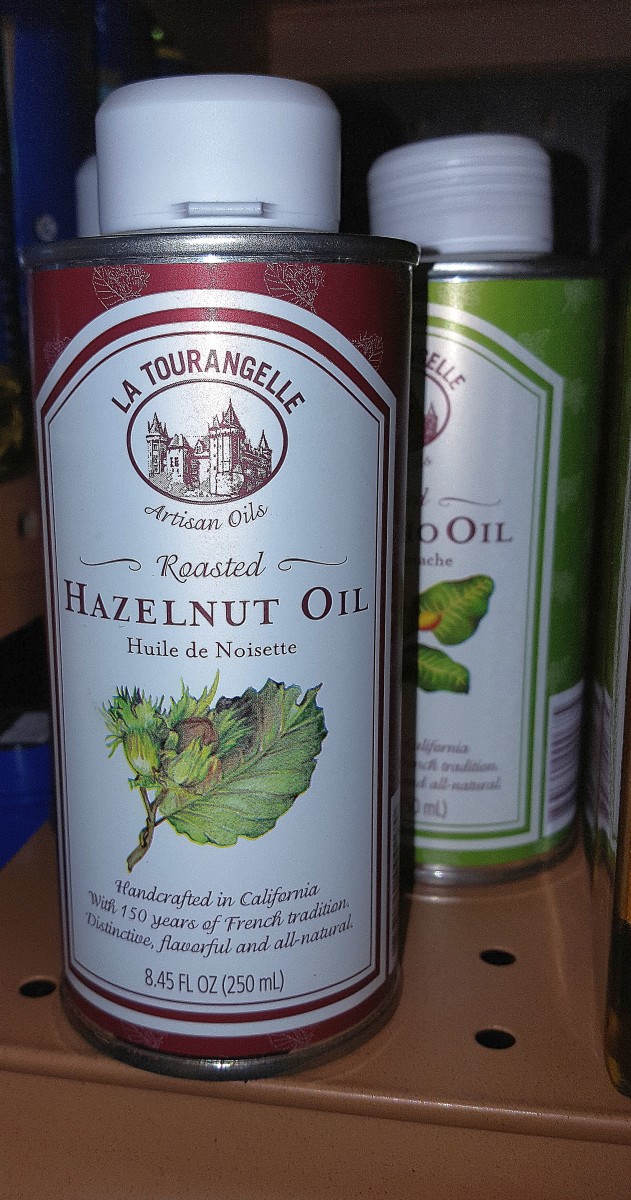Beyond Olive Oil: Walnut Oil is Wonderful for Baking and Salad Dressings
About Walnut Oil
Walnut oil, as you may expect, comes from the familiar English Walnut tree, also known as the Persian Walnut (Juglans regia), which is native to the Balkans and Central Asia, and the tree has spread to the rest of the world because of its beauty and usefulness (the wood has always been very popular for making furniture). With its very low smoke point (the temperature at which oil begins to smoke), this oil is not at all suitable for frying, and tends to take on a bitter taste when heated. However, when used cold or in baking, it is a delicate, unexpected and delicious layer of flavour!
Walnuts have been proven to have a number of very impressive health benefits, including powerful antioxidants and omega-3 oils, and studies have linked their regular inclusion in diets to improvements in several health conditions such as Alzheimers disease and heart disease, motor and cognitive function, and diabetes.
This oil also goes rancid fairly quickly, so buy it in small quantities, and use it soon after opening the container. This oil may be kept in the refrigerator to prevent it going rancid.
If Your Store Does Not Stock Walnut Oil

Nut Allergy Warning
Do not use any tree nut oil, under any circumstances if you are allergic to tree nuts!
The Nutritional Benefits of Walnut Oil
Walnut oil is particularly rich in the phytonutrient ellagic acid, which several peer-reviewed scientific research studies have shown to be beneficial in interfering with the ability of cancer cells to reproduce themselves. This oil also contains dietarily significant levels of copper and manganese, and is a good source of melatonin, known for its ability to regulate circadian rhythms (many people report improved sleep by increasing their intake of melatonin). In addition, walnut oil lowers endothelin levels; endothelin has been shown to inflame the arteries.
Walnuts

Using Walnut Oil in Cooking
Walnut oil has a light, delicate nutty flavour that goes especially well with baked goods, whether savoury or sweet, and in salad dressings. You can use it in any recipe for baked goods: bread, cookies, cakes, brownies, or any other kind of baked dessert, instead of vegetable oil, canola oil, sunflower oil, safflower oil or corn oil. You can even use it in packaged mixes and in the bread machine! In making your own salad dressings, you can use this oil in place of regular vegetable oil or olive oil. You can also substitute walnut oil for olive oil to add a different and unexpected twist to Mediterranean recipes such as hummus or baba ganoush, or, what is perhaps one of my favourite ways to use walnut oil, to preserve lemons or oranges (other kinds of citrus fruits, such as limes or grapefruit, may be preserved this way as well). The oils in the peels of the citrus fruit will perfume the walnut oil, giving it a delicious flavour unlike anything else you have ever tasted! The resulting fruit-flavoured oil can be used in baking, in salad dressings, or as a dip for bread, or for cooked or raw vegetables. One of my favourite ways to use fruit-infused oil is to make chocolate-orange brownies!
So the next time you want to bake, or make a salad dressing, instead of reaching for your ordinary oil, try walnut oil. Reap the health benefits of consuming walnut oil regularly, and enjoy the delicate taste. Your family, neighbours and friends will love the results, too! If you enjoy the taste of walnuts, you will definitely love using walnut oil for your baking, salad dressings, and dips!








